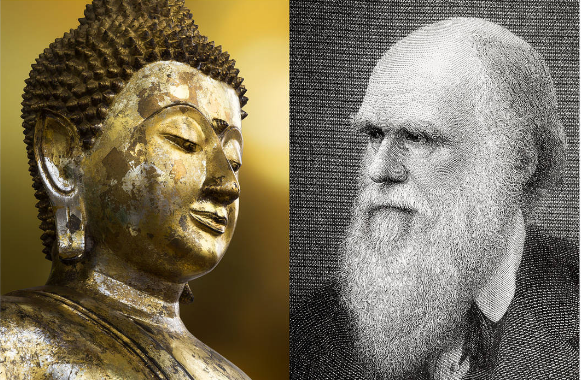"The Meditation Cure"
- Susan West
- Aug 1, 2017
- 2 min read
I listened to a podcast interview with Robert Wright and read this article in the Wall Street Journal, and I thought it was an interesting (and humorous) perspective on why he believes evolutionary psychology explains "Why Buddhism is True," the title of his new book.
"Much of Buddhism can be boiled down to a bad-news/good-news story. The bad news is that life is full of suffering and we humans are full of illusions. The good news is that these two problems are actually one problem: If we could get rid of our illusions—if we could see the world clearly—our suffering would end.
And there’s more good news: Buddhism offers tools for doing that job. A good example is the type of meditation known as mindfulness meditation, now practiced by millions of people in the U.S. and other places far from Buddhism’s Asian homeland. Mindfulness meditation, Buddhists say, can change our perspective on feelings such as anxiety and rage and thereby sap their power to warp our vision and make us suffer.
These claims—the bad news and the good—are more than two millennia old, but they’re now getting important support from evolutionary psychology, the modern study of how natural selection engineered the human mind...
Of course, anxiety is unpleasant. But natural selection doesn’t care about that. It doesn’t even care that some of this unpleasantness will be for naught—that your toddler turned out to be in the hut next door, and the nightmare scenario that for a moment seemed so real was all in your head. Better safe than sorry, from natural selection’s point of view. 'False positives' are a feature, not a bug, even though they make you suffer by fostering an illusion....
And here is where an evolutionary perspective can be helpful. Mindfulness calls for a kind of skepticism toward feelings. Rather than automatically following their guidance, you critically inspect them and decide which ones to trust. Evolutionary psychology helps to explain why this skepticism is warranted—why so many human feelings are unreliable guides. We don’t generally think of Darwin and the Buddha as being on the same wavelength, but in this and other ways their worldviews turn out to harmonize nicely."





Comments